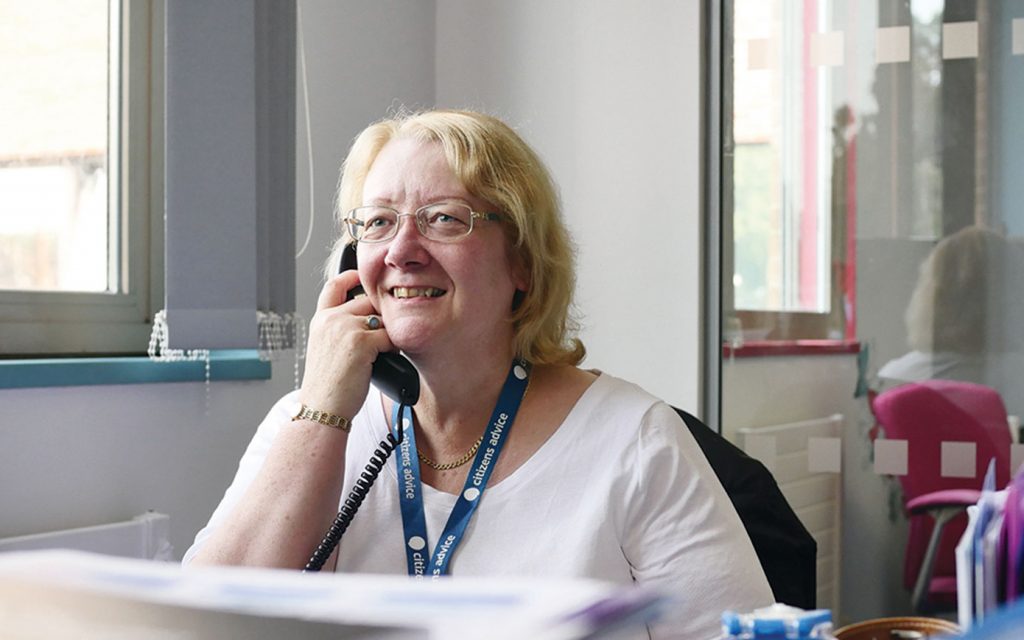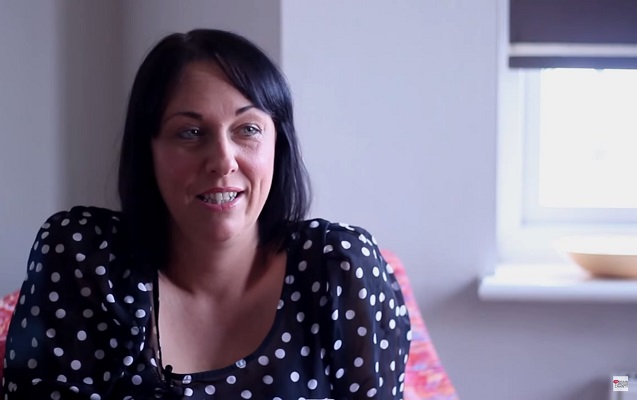Employment after a brain tumour diagnosis
Staying in, returning to, or looking for employment after a brain tumour diagnosis can be quite a challenge – for people who have a brain tumour and for people caring for them.
Receiving a brain tumour diagnosis is a life-changing event that often has a far-reaching effect on your ability to stay in employment or find a job in the future.
You might need to take a significant amount of time off work for appointments, treatment and recovery. It can also be much harder to work in the same way as before because of side-effects caused by the tumour or its treatment – for example, unmanageable fatigue or cognitive difficulties.
Many people have to give up work entirely, change jobs, or reduce their hours or duties. If a partner is acting as a carer, their work may be affected too. As a result, financial difficulties are common for families affected by a brain tumour.
We’ve developed some resources below to help you understand your rights and the support available to you at work.
Employment rights
Find out what rights you have at work if you have a brain tumour.
Reasonable adjustments
Reasonable adjustments can help you to manage your side effects at work.
Telling your employer
How to talk to your employer about your diagnosis and why you may choose to do so.
My employee has a brain tumour
How to support an employee with a brain tumour.
Employment advice
Organisations you can speak to for advice around your employment.

Expert benefits & money advice
Last year our free Benefits and Money Clinic helped 332 members of our community claim over £950,000!

I was told I had to stop working in my current role and was placed into an alternative office-based role.

Mark Grimes, diagnosed with a brain tumour in 2015
“In February 2015, I was diagnosed with a brain tumour, following symptoms for six months or so. I underwent an awake craniotomy in April 2015. “I work in the fire service, which was always my childhood dream job, but on receiving my diagnosis I was told I had to stop working in my current role and placed into an alternative office-based role. This was hard as it was the complete opposite of why I initially joined the service. “Following my second surgery, and with a new management team, I’ve remained on full pay up until now. I went through Radiotherapy from August to October last year and I’m still going through PCV Chemotherapy which started in February and will finish in October this year, so I’ve been having treatment for over a year since my second surgery. “I’m in constant communication with my watch, either by drive-in visits or social media chats, which has made things better during the COVID-19 pandemic, as I had to shield. “Thanks to the ongoing support of my family and work, I’m getting through this.” Join one of our Online Support Communities for more stories and tips about coping with a brain tumour diagnosis from people who know what you’re going through.Join one of our Online Support Communities for more tips about coping with a brain tumour diagnosis, from people who truly understand what you’re going through.
Support and Information Services
Research & Clinical Trials Information
You can also join our active online community.
In this section

Get support
If you need someone to talk to or advice on where to get help, our Support and Information team is available by phone, email or live-chat.
Recommended reading

I struggle to work
Tasmin is a single mother of three children, and lives in Cheshire. She was diagnosed with a meningioma in 2013 and underwent a craniotomy. She is a midwife but has struggled with work and finances since the onset of her tumour.
Share your experiences and help create change
By taking part in our Improving Brain Tumour Care surveys and sharing your experiences, you can help us improve treatment and care for everyone affected by a brain tumour.